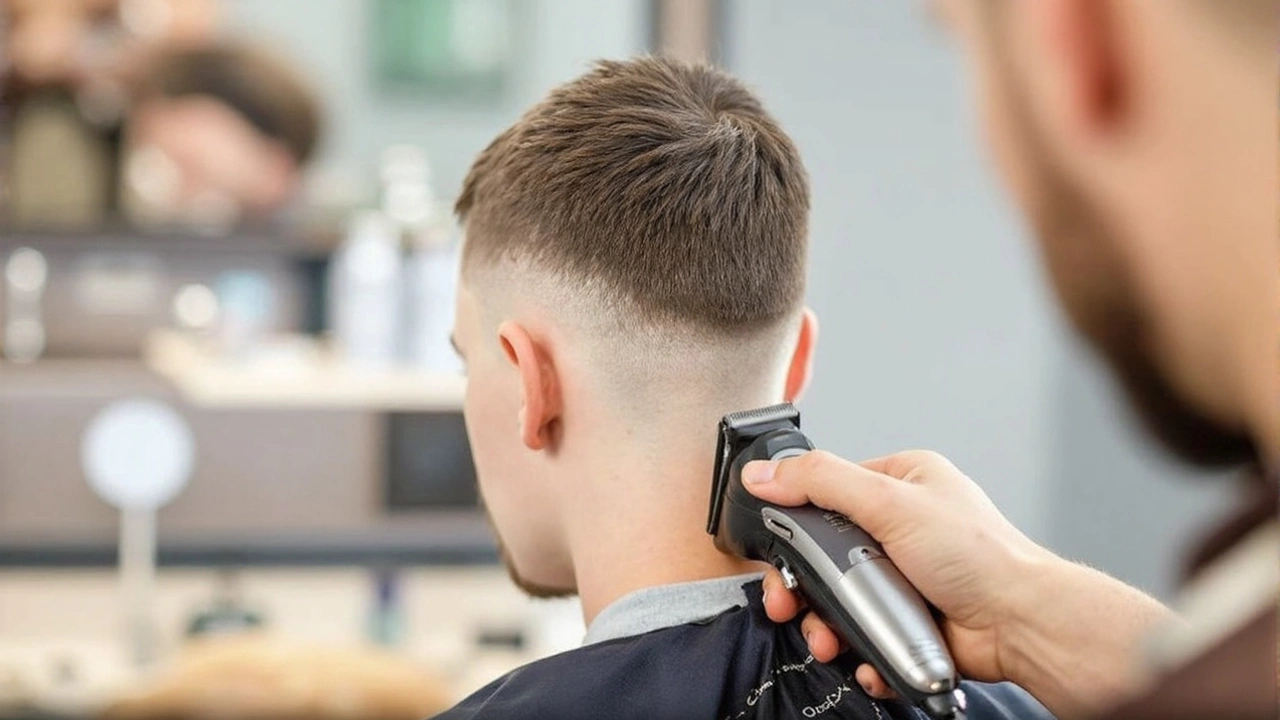Ringworm infections are on the rise in UK barber shops, affecting men and even children. Poorly sterilized equipment is spreading this stubborn fungus, sparking calls for tighter hygiene rules. Victims face months of harsh treatments and lasting scars, while some barbers come under intense scrutiny.
0 CommentsRingworm Outbreak in UK Barber Shops – What You Need to Know
You've probably heard the buzz about a ringworm surge hitting barber shops across the UK. It’s not a rumor – real people are walking in with itchy, circular rashes after a simple haircut. The fungus spreads when tools aren't cleaned properly, and the problem is growing fast. If you or your kids visit a barber, you deserve to know what’s going on and how to stay safe.
Why This Is Happening
Barbers use combs, clippers, and straight razors that can easily carry fungal spores if they’re not sterilized between customers. In many shops, the cleaning routine is rushed or skipped entirely, especially during busy periods. The fungus loves warm, moist environments, so a damp towel or a shared cape can become a perfect breeding ground. Add the fact that ringworm can survive on surfaces for months, and you have a recipe for an outbreak.
How to Spot Ringworm Early
Ringworm shows up as a red, scaly patch with a clear center, almost like a donut. It can itch, burn, or even crack if left untreated. The first sign might be a small bump that spreads over a few days. If you notice any of these signs after a haircut, don’t ignore them. Early treatment with antifungal creams can clear the infection in a couple of weeks and prevent scarring.
What should you do if you think you have ringworm? Go to a pharmacist or doctor for a quick check. Over‑the‑counter creams work well for most cases, but severe infections may need prescription medication. Keep the affected area clean and dry, and wash any clothes or towels that touched it. This stops the fungus from hopping to other parts of your body or to other people.
Most importantly, talk to your barber. A reputable shop will take hygiene seriously and should be willing to show you how they clean their tools. Ask if they use disposable blades or if they disinfect with an approved solution. If the answer is vague or they seem defensive, it might be time to find a new place.
Barbers themselves are feeling the heat. Many are facing inspections and possible fines for not meeting health standards. Some have already upgraded to autoclave sterilizers, which reach high temperatures to kill germs. Others are switching to single‑use combs and capes. These changes help, but they cost money, and not every shop can afford the upgrade right away.
So, how can you protect yourself without hunting for the most expensive salons? Stick to well‑known chains that display their cleaning certificates, or go to a barber who openly shares their sanitising process. Bring your own cap or towel if you’re unsure, and always wash your hands before and after a cut. A few extra minutes of caution can save you weeks of uncomfortable treatment.
Ringworm isn’t just a skin problem – it’s a reminder that basic hygiene still matters in everyday services. By staying aware, asking the right questions, and acting quickly if symptoms appear, you keep yourself and your family safe. Keep an eye on local health alerts, and don’t let a simple haircut turn into a longer ordeal.





